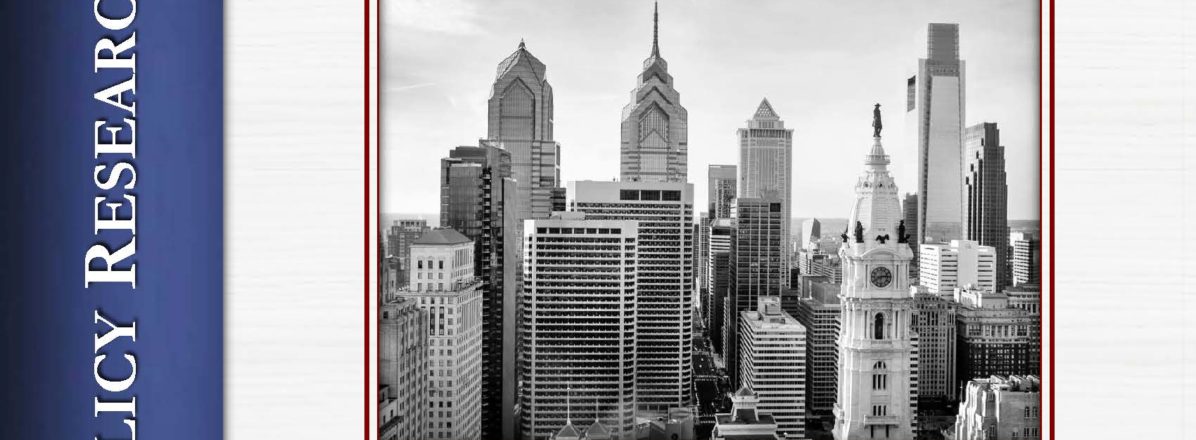A nation must think before it acts.
Introduction
General Abdel-Fattah El-Sisi, Egypt’s ruler since July 2013, brooks no dissent. Having “saved” Egypt from the Muslim Brothers, he has ruled by decree in the absence of a parliament, supported by a handpicked technocratic cabinet. His security apparatus muzzles the press, keeps dissident voices off-air, arrests secular as well as Islamist critics, and clamps down on civil society. He has built ten new prisons to accommodate the overflow, as political prisoners may now total 60,000.[1] As typical of military rulers, he announces grandiose projects – the new channel in the Suez Canal, the Dabaa nuclear power plant, million-unit agricultural and housing schemes, and a multi-billion dollar new capital city – without taking into consideration their cost, integrating them into long term plans, conducting comprehensive feasibility studies, or examining their social and environmental impact.
El-Sisi rewards the armed forces with frequent salary increases at a time of austerity budgets, and billions-of-dollars’ worth of US, French, Russian, and German high-end weapons systems: advanced fighter jets, submarines, assault helicopters, and warships that each carry an entire tank battalion and eighteen helicopter gunships. As the military and security budgets are secret, no independent body vets these massive financial outlays. However, a sitting parliament would have reviewed the potentially crushing long-term debts that the government assumes by megaprojects and also reviewed the five billion dollar World Bank lending package and $1.5 billion African Development Bank loan. Indeed, Egypt’s external debt ballooned from $40 billion in April 2015 to $46 billion six months later, by which time its internal debt was nearly $250 billion.[2] A sitting parliament might have redirected funds from megaprojects to the deplorable health and education sectors, crumbling infrastructure, and impoverished villages, where three-quarters have no sewage networks, half suffer from daily or weekly cuts in the supply of drinking water, and forty percent endure electricity cuts at least three times a week.[3]
This assumes, of course, that parliamentarians would seek to monitor government performance and propose alternative policies in view of their knowledge of local conditions and constituents’ needs. On paper, the constitution that was endorsed by a referendum in January 2014 enhances the parliament’s ability to propose bills, approve cabinets and new ministers, and table motions of no-confidence in the cabinet and the president. The constitution also requires parliament to approve, amend or cancel the decrees issued since July 2013.
But these powers are circumscribed. For example, if parliament twice rejects candidates for prime minister, parliament itself is dissolved and new elections set – an outcome that MPs would fear.[4] Moreover, parliament has no say over the appointment of the ministers of defense, interior and justice, and cannot examine their budgets, thereby excluding the strategic sectors from its purview.
Even though the president retains paramount authority and can declare a state of emergency after merely consulting the cabinet, El-Sisi openly worries that “the constitution…gives vast powers to the parliament, with good intentions. But the country cannot be run on good intentions.” This suggests that the constitution should be amended in order to enhance the president’s powers. In addition, El-Sisi urges “Egyptians [to] unite and avoid disputes” within parliament and expresses concern that parliament will be “either a hindrance or a blessing.”[5] The president sees the legislature not as a separate branch of government but as an adjunct to his rule.
These presidential concerns were not only evident in the long delay in holding parliamentary elections but also, as examined in this essay, in the electoral system, the elections themselves, and the initial actions by the new parliament. That the executive and the security agencies ensured the return of Mubarak-era elites, who would endorse the president’s unilateral actions, made it evident that the legislature is intended to present only a façade of democracy. The repression of political discourse in the context of growing discontent over the failure to improve the economy and redress social grievances tension raises serious questions about the regime’s future.
[1] Reported by Gamal Eid, executive director, Arabic Network for Human Rights Information, who was blocked from travel abroad shortly after releasing this information. https://www.al-monitor.com/pulse/originals/2016/02/egypt-authorities-prison-free-speech-sisi, February 3, 2016.
[3] “75% of Egypt’s villages have no sewage networks: survey” by the Central Agency for Public Mobilization and Statistics (CAPMAS), December 28, 2015, https://www.egyptindependent.com/node/2464210; scathing criticism of the government’s economic policies by Ziad Bahaa-Eldin, former deputy prime minister and former chair of the General Authority for Investment: “Egypt: At year end, floundering investment policies,” December 31, 2015, https://english.ahram.org/eg/News/178835.aspx
[4] In contrast, the short-lived 2012 constitution empowered parliament (not the president) to appoint the prime minister and form the government; parliament could be dissolved only by a public referendum. The 2014 constitution eliminated the position of vice president – a position that past presidents had viewed as potentially threatening to their own hold on office.
[5] www.madamasr.com/sections/why-sisi-afraid-constitution-and-parliament, September 15, 2015; https://www.al-monitor.com/pulse/originals/2015/10/egypt-parliament-elections-mubarak, October 15, 2015; “Egypt can fight threats if Egyptians unite: Sisi,” June 24, 2015, https://english.ahram.org.eg/News/133626.aspx




